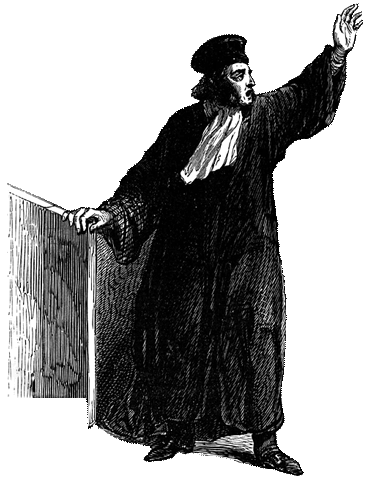A seven person federal jury in San Francisco recently ruled that mega-retailer Walmart failed to pay its truck drivers properly. The award is $54 million but that number could go up–way, way up.
The drivers claimed that they should be paid for activities such as waiting in line to load or unload, inspecting and washing their trucks and for layovers. They also claimed that they were denied required meal and rest breaks. The bulk of the damages awarded by the jury is for layovers, which were required to be ten hours long. Walmart argues that the activities listed above should be “included” in the drivers’ pay. Walmart’s drivers are not paid by the hour; their pay is based on mileage and certain specified activities. (See below for examples).
In some states, paying by the mile is permissible. The truckers’ attorneys argued that this practice is illegal in California. In California, workers are supposed to be paid for all hours worked, regardless of the task.
For example, in Industrial Wage Order 9 (applied in this case) subsection 4 states that employees are to be paid for “all hours worked.” This phrase appears in all of the Wage Orders. Since the Walmart decision is still just a verdict and not an opinion that carries precedent, it is too early to predict what effect it will have.
The award does open the possibility for big verdicts for workers in other industries who are not paid on an hourly basis.
For example, we represented a group of plumbers who also were not paid for time spent driving to and from jobs and for waiting around the shop until dispatched to a job. The employer claimed that they were “exempt” as “outside salespeople” who “sold plumbing services,” even though the bulk of their time was spent doing plumbing work. The jury disagreed. Ka-ching!
Walmart claimed that drivers are paid $42.00 to remain in the cab during the layover period (10 hours) but plaintiffs say that would not even cover minimum wage. Walmart argues that the drivers should not be paid for time spent sleeping, even when they are required to remain in the cab during a layover in order to prevent break-ins.
The damages could double or even triple if penalties are assessed. The case is Ridgeway v. Wal-Mart Stores, No. C 08-05221 SI.




